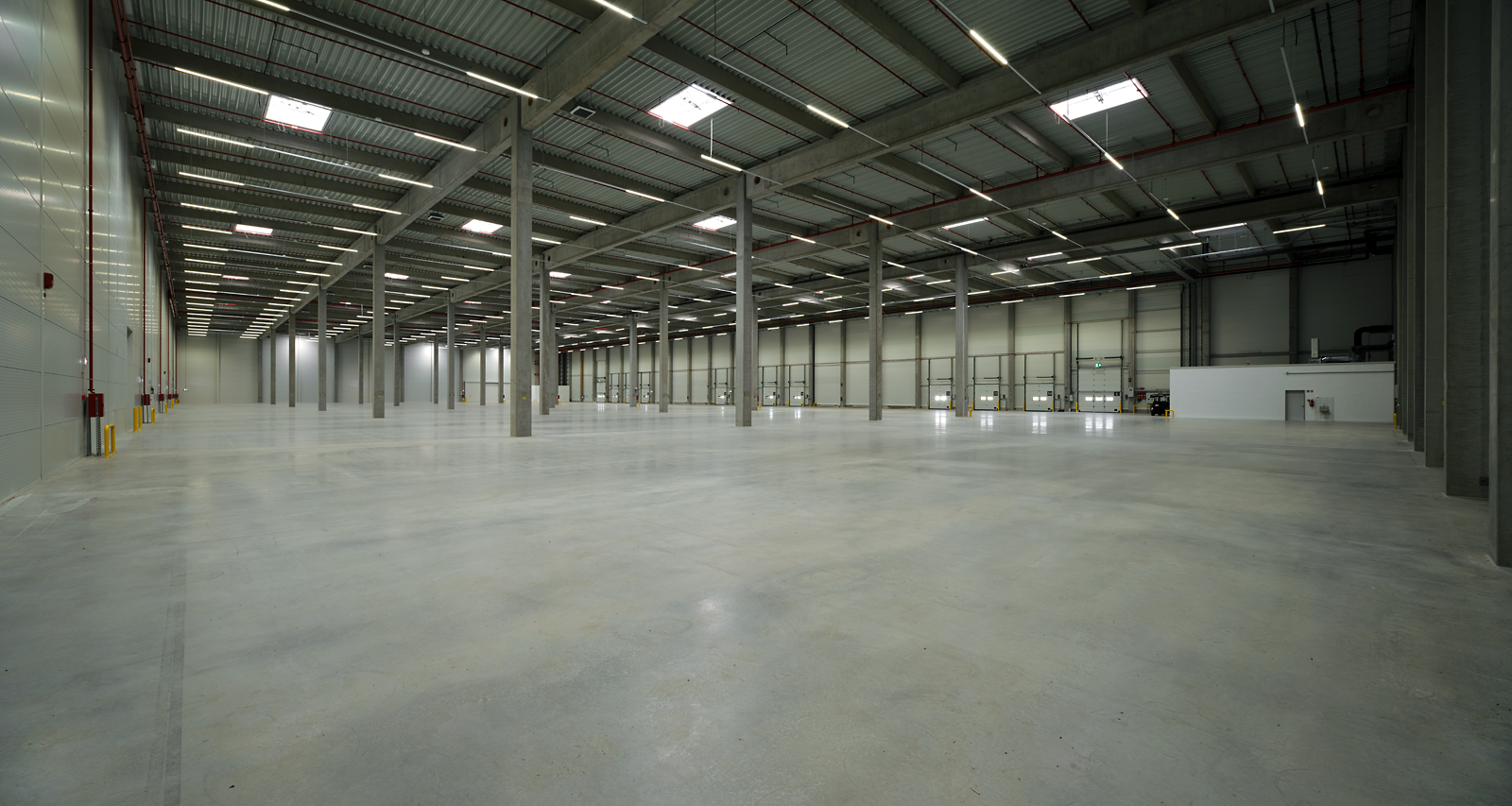The Budapest real estate market is alive

Lawyers also hope the positive mood goes beyond “Airbnb enthusiasm” and will be steady in the Budapest real estate market.
As a lawyer working in a CEE network, the past couple of years I often saw a bit enviously some high-profile transaction work of my Polish colleagues on the popular Warsaw real estate scene. The reputation gap of Budapest was quite obvious, both in terms of our countries’ comparable macro-economic indicators, investors’ interest and the scale of real estate projects planned and actually realized. These days, things have started to really change. While economic figures and market reputation are rising and, at the same time, overall demand for new developments is growing, Budapest is still offering affordable investment opportunities. The Hungarian real estate market may be worth investing in before favorable opportunities narrow and the environment gets more difficult and the competition gets tougher. A price per value based comparison with other CEE capitals, particularly Warsaw and Prague, suggests there is a room and longer term opportunities for real estate investments and developments.
Although the investors’ trust in the country is recovering slowly and it is still very fragile, finally it seems “Hungary is performing better” compared to its CEE market competitors in certain segments. Due to the solid economic growth, the improving labor market and the recent FX housing loan consolidation, a greater number of households enjoy a growth of real wages and thus represent a greater consumption force. In addition to the increase of household disposables, a slight improvement of financing and lower bank interest rates on savings all direct attention of private individuals towards real estate investments. This particularly goes to Budapest, which currently enjoys the benefits of a tourist industry boom. Among such conditions, Budapest central district rents increased very fast, attracting private residential spending and buy-to-let type of property investments, mainly by locals. The simultaneous Airbnb thrill has not just further elevated the excitement and expectations, but it had an overall impact on property rent and sale prices, especially in the smaller apartments’ range. Nevertheless, average Budapest flat prices are still below the pricing level of CEE capitals, while the housing demand is increasing well beyond the low level of developments. Therefore, we see a good reason for the era of this type of transaction and legal work to come again.
Such refreshing grade of optimism is not necessarily typical for foreign professional investors and developers looking for yields in the commercial sector. They are rather cautious and careful because of the unpredictability of the regulatory environment, as experienced over the past years. As a consequence, the Hungarian retail sector does not seem to have the same leading role in investment volume as in the other CEE countries. While growing household consumption supports the rising retail sales figures and new brands feel encouraged to enter the Hungarian market, the regulatory restrictions on this segment (e.g. plaza stop, Sunday shopping ban) keep the retail property developments at a low level. More typically, existing shopping-centers aim to upgrade their tenant mix, their layout and quality of services. From the legal perspective, amendment of rent payment and calculation terms in existing lease arrangements with regard to the restricted opening hours have been an issue this year. Although relevant civil law provisions suggest tenants may be proportionately released from rent payment for the term they are unable to utilize leased premises for their business activity, the landlords’ financial position in the popular shopping centers did not weaken at all.
As opposed to the retail segment, professionals and market surveys both suggest the Budapest office sector provides greater opportunities for property developers. The low level of completions and limited supply of new developments during the crisis automatically resulted in a greater demand for office space, and today’s market is characterized by declining vacancy rates and an intense take-up. Compared to Prague, and particularly Warsaw, Budapest still has a fair potential in growth and developments, especially in the higher quality asset class. Some speculative investments can be seen again and the good projects run with a very high grade of pre-let. In accordance with these trends, we observed in our daily practice already last year the strengthening negotiation position of office landlords and the decrease of tenant incentives.
Beside re-negotiation of office lease terms, we expect to see an increasing number of opportunities to support new developments, too.

SUPPORT THE BUDAPEST BUSINESS JOURNAL
Producing journalism that is worthy of the name is a costly business. For 27 years, the publishers, editors and reporters of the Budapest Business Journal have striven to bring you business news that works, information that you can trust, that is factual, accurate and presented without fear or favor.
Newspaper organizations across the globe have struggled to find a business model that allows them to continue to excel, without compromising their ability to perform. Most recently, some have experimented with the idea of involving their most important stakeholders, their readers.
We would like to offer that same opportunity to our readers. We would like to invite you to help us deliver the quality business journalism you require. Hit our Support the BBJ button and you can choose the how much and how often you send us your contributions.








